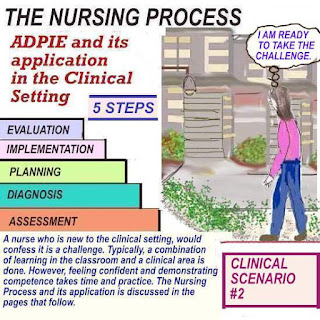ATRIAL FIBRILLATION AN OVERVIEW
Atrial Fibrillation
 Atrial fibrillation is a rapid , irregular arrhythmia. It is caused by the atria
Atrial fibrillation is a rapid , irregular arrhythmia. It is caused by the atria ( upper heart chambers) beating rapidly and out of character. There is no P
wave on the EKG.
The SA ( sinoatrial node) is the pacemaker of the heart. When the SA
node fires, the atria contract simultaneously. This causes blood to be
pumped into the ventricles.
pumped into the ventricles.
In Atrial fibrillation the atria beats rapidly and there are no real contractions.
The atria "quiver", but not contract.An irritable focus in the atria, seeks to do
the work of the SA node.This results in ineffective emptying of the atria.
Ultimately, the formation of blood clots may occur.
The atria "quiver", but not contract.An irritable focus in the atria, seeks to do
the work of the SA node.This results in ineffective emptying of the atria.
Ultimately, the formation of blood clots may occur.
Causes of Atrial fibrillation include: COPD, anxiety, heart disease and more.
Symptoms include : chest pain, shortness of breath, palpitations and dizziness.
Beta blockers as well as calcium channel blockers are first line medications
used to treat A Fib. They work to control heart rate. Cardioversion is sometimes
done. This is usually scheduled by the doctor.
used to treat A Fib. They work to control heart rate. Cardioversion is sometimes
done. This is usually scheduled by the doctor.
The patient with Atria fibrillation, is at risk for stroke. A blood clot may travel to
the brain and cause a stroke.
the brain and cause a stroke.
Learn more: What is a stroke?
Anticoagulation therapy, may also be ordered , to prevent blood clot formation.
Please enjoy watching the video: Do you know your heart




Comments
Post a Comment